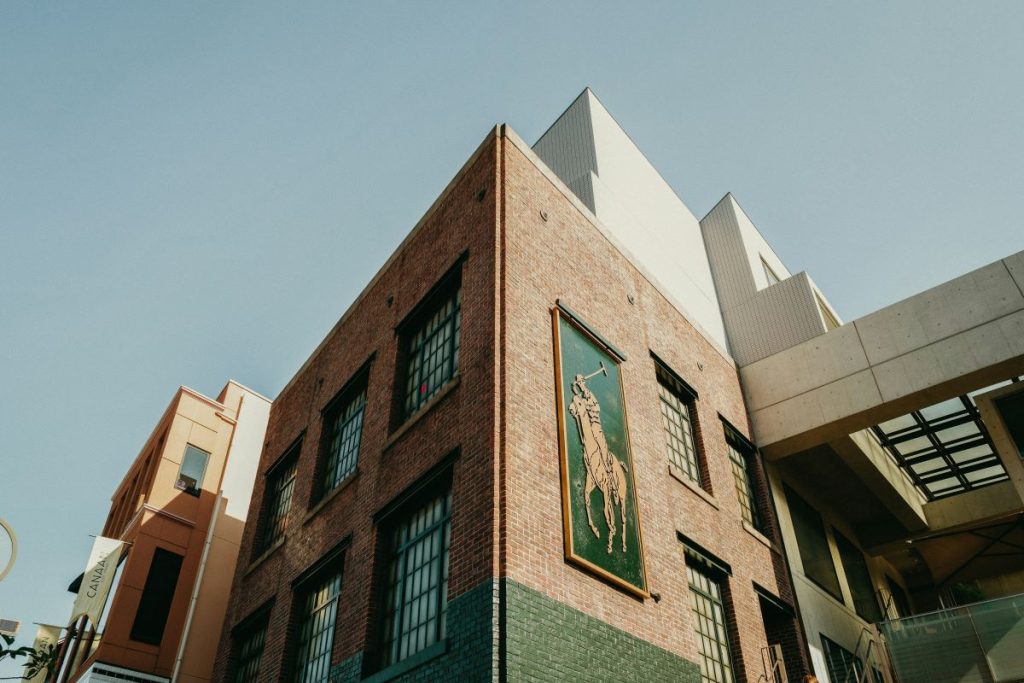The iconic fashion brand has reduced its reliance on China, diversifying its supply chain to stay agile in an uncertain trade environment.
Ralph Lauren is proactively expanding its global supply chain capabilities, aiming to minimize risks such as rising tariffs, according to President and CEO Patrice Louvet during the company’s Nov. 7 earnings call. By diversifying production and developing alternatives closer to the U.S., the brand is building resilience against potential policy shifts impacting international trade.
Bold diversification drives supply chain flexibility
Over the last seven years, Ralph Lauren has steadily decreased its dependence on China for production, with the country now accounting for only a “high single-digit percentage” of the brand’s global sourcing. The company has invested heavily in production facilities across five continents, including Vietnam, Italy, and Cambodia.
These facilities handle various manufacturing stages, from raw material processing to final product assembly. This strategic diversification has bolstered Ralph Lauren’s ability to adapt to challenges, Louvet noted, adding that strong partnerships have helped the company navigate disruptions like the pandemic with greater ease.
Preparing for potential tariff impacts
As trade policies evolve, particularly with President-elect Donald Trump proposing elevated duties on Chinese imports, Ralph Lauren remains vigilant. “We’ll wait and see what, if any, future policy ultimately gets passed,” Louvet said, emphasizing the company’s proven ability to handle tariffs in the past.
Other brands are also adjusting their sourcing strategies. Steve Madden plans to reduce reliance on China by 45% by 2025, while Adidas has already taken steps to minimize exposure to potential tariff hikes.
Ralph Lauren’s agile approach underscores a broader trend among global brands seeking to mitigate risk by rebalancing supply chains—a critical strategy for staying competitive in a dynamic market.



